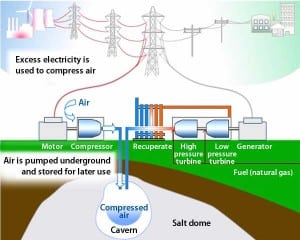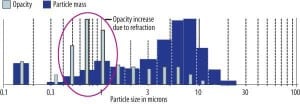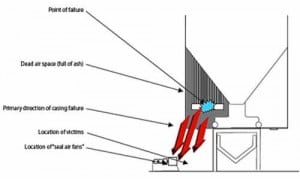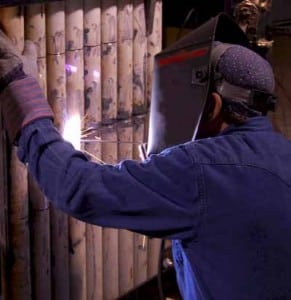COAL POWER Direct
-
Commentary
Out of Sight, Out of Mind
Dr. Robert Peltier, PE
The Government Accountability Office (GAO), the investigative arm of the U.S. Congress, just released its report on the status of carbon capture and sequestration (CCS) technology and its view of the technology’s future development challenges. In general, the GAO concludes that the technology faces grave technological, regulatory, economic, and legal barriers that will not be easily overcome. -
Commentary
McCain, Palin Ticket Doesn’t Really Dig Coal
Kennedy Maize
Desperate to score points in a crucial state where they are in the double-digit dumps, the Republican McCain-Palin presidential ticket rolled out their heartfelt support for “clean coal technologies” at a rally in Scranton, Pa., this week. -
Coal
Revived Energy Storage Technology Offers Major Grid Benefits
In a move that could boost the value of wind and nuclear generation, relieve stress on the nation’s transmission grid, and reduce utility carbon emissions, PSEG Global LLC and energy storage pioneer Michael Nakhamkin have announced that they have formed a joint venture to market and deploy “second generation” compressed air energy storage technology.
-
Commentary
Indecent Disclosure
Though former New York attorney general Eliot Spitzer may be remembered for one type of indecent exposure, the current New York attorney general is promoting a more damaging type of indecent exposure for coal-fired power plant owners.
-
Coal
The Problem of Fine Particles
No matter what its size, fine particulate matter is a serious matter for coal-burning power plants. A process that charges those particles shows promise for mitigating the problem.
-
Commentary
A Pragmatic Energy Policy
The already razor-thin power supply margins in the UK are likely to become nearly transparent by 2012, according to a new study prepared by Fells Associates: “A Pragmatic Energy Policy for the UK” (PDF). The report notes that the UK’s electricity shortfall will blossom to between 30 GW and 35 GW by 2027, and residents should expect periods when demand exceeds supply in just three years. If you think the UK government is worried, think again.
-
O&M
Anatomy of a Boiler Failure—A Different Perspective
The power industry’s operating and maintenance practices were held up to intense regulator and public scrutiny when on November 6, 2007, a Massachusetts power plant’s steam-generating boiler exploded and three men died.
-
O&M
The Low-Down on Low-Alloy Filler Metals
Chromium-molybdenum (chrome-moly) pipe has become a standard in the power generation industry, not only because of its corrosion resistance and high-temperature strength, but also for its cost-effectiveness. In many applications, it is a viable alternative to a more costly stainless steel pipe.
-
Coal
Who Cares about CAIR?
In a bid to preserve some of the health and air quality benefits of a defunct regulation, House Democrats have floated a legislative proposal to codify the near-term emission reductions required under the Bush administration’s Clean Air Interstate Rule, a regional cap-and-trade program for utility emissions that was thrown out in July by a federal appeals court.
-
O&M
Hill Backing New FERC Powers on Grid Cyber Attacks
Spurred on by a recent audit showing widespread utility noncompliance with voluntary recommendations meant to protect the grid from cyber attacks, key lawmakers have unveiled plans to give the Federal Energy Regulatory Commission (FERC) broad powers to enact new mandatory measures to close vulnerabilities in the U.S. bulk power system to potentially devastating computer-launched assaults.




